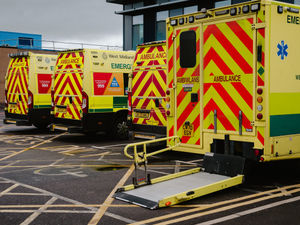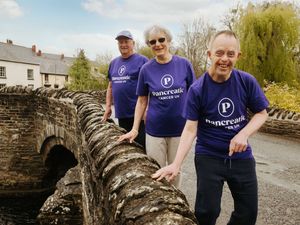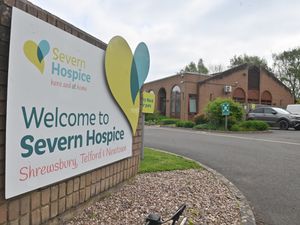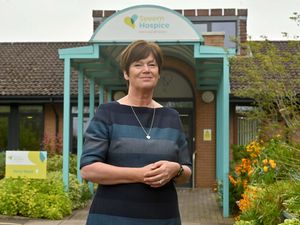Patients wait more than 30 hours to be handed over at Shropshire hospitals
Patients in two ambulances waited for more than 30 hours to be handed over at county hospitals in a week as the NHS crisis shows no signs of improvement.

The cases took place at Princess Royal Hospital (PRH) in Telford and Royal Shrewsbury Hospital (RSH) in December.
It is understood that the Shrewsbury handover took 32 hours – making it the longest ever wait for a crew in the region.
The patient was taken to the hospital at around 2pm on December 20, and was not admitted until after 9pm the next day.
Shrewsbury & Telford Hospital NHS Trust, which manages both hospitals, has apologised for the delays being experienced by patients at PRH and RSH.
It said that 'severe pressure' means that staff were having to prioritise the most critical cases.
It comes after figures showed the continuing pressures across the health service in the region, as hospitals struggle to discharge patients due to a lack of community care places, meaning a lack of space for new patients.
Late December saw West Midlands Ambulance Service losing around 2,000 hours a day across the region – all time that crews are unable to respond to emergencies as paramedics wait with patients outside hospitals.
It comes after a strike from the region's ambulance service in December, with staff taking part detailing major frustrations over the amount of time they spend waiting to hand patients over to hospitals.
Sara Biffen, acting chief operating officer for The Shrewsbury and Telford Hospital NHS Trust, said: “Our hospitals continue to be under severe pressure due to the demand for our urgent and emergency services.
"We along with other hospitals are experiencing high levels of Covid and flu this year, in both patients attending our emergency departments (ED) and staff.”
“We are sorry that patients are facing long wait times as we continue to prioritise patients with the most critical needs.
"This means that some patients arriving by ambulance are having to wait longer to be seen in our EDs.
"We are working with West Midlands and Welsh Ambulance services and other healthcare partners to release ambulance crews to attend the most urgent patients in the community and also to improve flow through our hospitals.
"The public can help us to ease pressures in the EDs by using the NHS 111 service for healthcare advice in non-urgent cases. As always, please continue to call 999 or attend the emergency department for urgent and life-threatening emergencies.”




